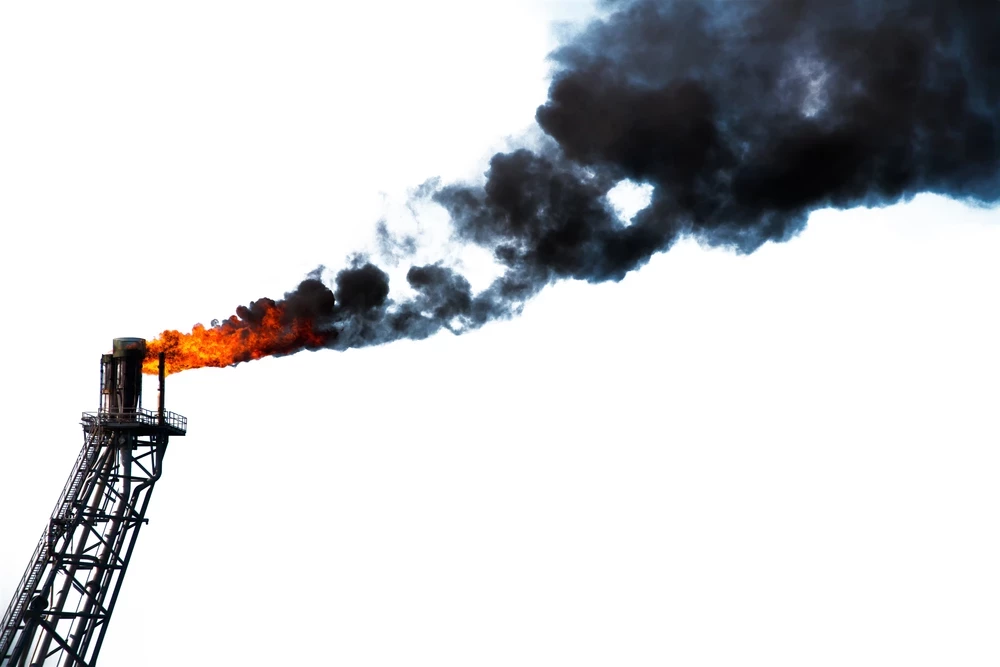Small-Mid Scale LNG - Energy Innovation In Action
Add bookmarkAs the global liquefied natural gas sector continues to expand, companies are exploring how to best harness the technology. Many organisations are assessing the needs and uses of small to mid-scale LNG and seeing how best to boost their presence in the sector, and one of these companies is Rotterdam-based Anthony Veder.
The Dutch shipping company recently ordered a new LNG carrier from custom ship builder Meyer Werft, which will be used solely for the transport of LNG.
At an overall length of 156m and with a breadth of 22.7m, the carrier will have a cargo capacity of 15,600 cubic metres and the two companies revealed that it will be able to run on low-emission LNG fuel to limit environmental impact.
Currently, Anthony Veder has 21 gas tankers with a further four ships on order and the company says the fleet is continuously modernised, renewed and adjusted to comply with regulations affecting all organisations in the LNG sector.
According to the Dutch firm, it is important for companies in the LNG industry to have a strong customer focus and offer a reliable and flexible service, and this can be achieved through having a wide range of tankers.
Currently, the company cites its aims as developing the large-scale CO2 shipping concept and further developing the small-scale LNG market and Jan Valkier, managing director of Anthony Veder, said the latest addition to the fleet is scheduled for the end of 2012.
Neptun Werft, Meyer Werft's sister company based in Rostock-Warnemunde, will be involved in the construction and outfitting of the new LNG carrier, which will also safeguard up to 20 jobs in the Baltic shipyard where it will be created.
For Anthony Veder, this is the second small-scale LNG carrier. This new vessel has double the capacity of [the first carrier] the Coral Methane, and Meyer Werft and Anthony Veder have already worked together since the mid-1970s.
"We are excited about our next step in LNG with this innovative ship, the first of this type. It fits our goal to further develop this market of distributing environmental friendly energy," he explained.
Bernard Meyer, managing partner of Meyer Werft, added that the Papenburg-based shipyard's focus is now on ships of this type.
"Thanks to this new order, Meyer Werft, which has already built 55 LPG and LEG carriers, is now entering the market of building LNG carriers. We see that the smaller-scale LNG market has a great future," he explained.
The bright future of the small to mid-scale LNG sector was also recently highlighted by Rodney George, vice president of power plants for Wartsila Caribbean Inc.
Speaking at an event in Miami, Pratts quoted him as saying that the LNG market in the Caribbean region will grow due to many factors which make it a more attractive energy fuel than traditional oil-based resources.
He explained: "The stark reality is that oil is still king. Natural gas projects have been elusive, though some changes are coming due to the rise in oil prices."
According to Mr George, oil-based fuels account for 95 per cent of energy in the Caribbean, but organisations are quickly realising that LNG is less expensive than both low-sulphur and high-sulphur fuel oil.
LNG is also regarded as a cleaner fuel than residual fuel oil, which Mr George argued could make it a more attractive investment to financial institutions.
The Wartsila Caribbean vice president also noted that smaller projects are now being preferred over large-scale ones, while LNG transporters are no longer restricted to larger ships thanks to 10,000-15,000 cubic metre vessels growing in prevalence - a case in point being the one Anthony Veder has ordered from Meyer Werft.
Mr Geoge also pointed to Jamaica as an example of a Caribbean nation that has made a policy change and committed to switching to LNG, with further plans to construct a small LNG port terminal, gas pipeline network and regasification plant in the works.
It is clear from the moves being made in both Europe and the Caribbean that small to mid-scale LNG will only increase in popularity and importance in the coming years.
With investment ranging from the French Isles to the Baltic, the benefits and challenges associated with LNG will be in the spotlight for some time to come.
[eventpdf]





















